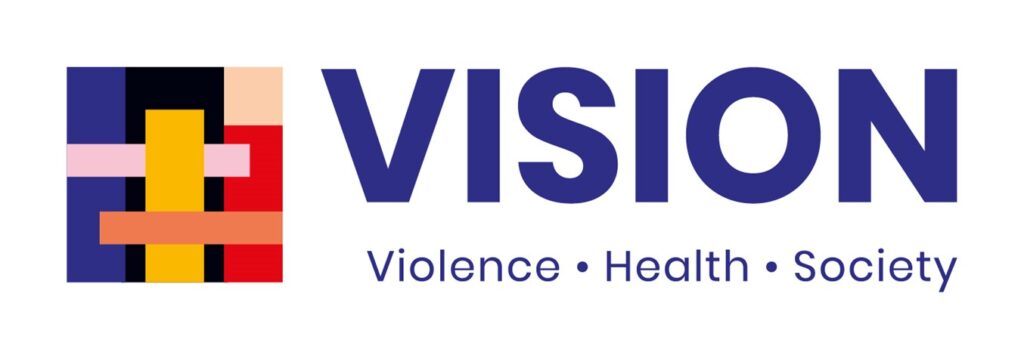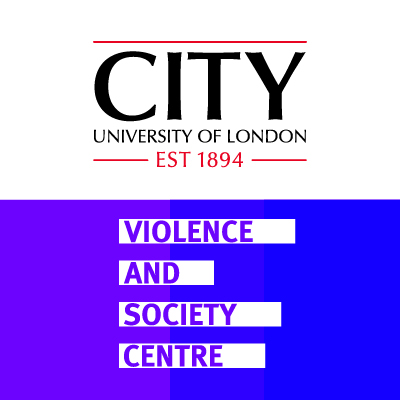By Elizabeth Cook, Senior Lecturer in Criminology & Sociology at City St George’s, University of London
As the VISION consortium approaches the end of its third year, work continues on consolidating the learning from various large datasets in crime and justice, health, and specialist services.
What we know is that these datasets are structured in different ways, collected by different agencies, and curated for quite different purposes. They represent particular ways of knowing about violence and abuse: they can help to identify patterns (e.g., what determines whether victim-survivors of sexual violence and abuse access support), prevalence (e.g., of workplace bullying and harassment), trends over time, and associations (e.g., between intimate partner violence, suicidality, and self-harm). However, we also know that large datasets struggle to capture the complex, and sometimes messy, realities of violence and abuse experienced by communities, especially those that are marginalised and minoritised.
Peer action research in Lambeth
In Lambeth, working in collaboration with peer researchers has made visible the evidence gaps that emerge at the intersection of multiple systems of inequality, including racism and misogyny.
We are lucky to be partnered with Lambeth Peer Action Collective (LPAC), High Trees and Partisan as part of a peer action research project. The aim of the project is to explore the role that trusted adults and trusted spaces can play in protecting young people from exposure to violence. Currently, there are 11 peer researchers that work as part of the LPAC: a collective of young people and youth organisations campaigning for change in their community. They are supported by High Trees, a Community Development Trust in Tulse Hill, eight partner youth organisations, and Partisan, a Black-led Community Interest Company providing culturally sensitive mental health support.
What has been achieved so far?
The project builds upon research conducted by the previous cohort of LPAC researchers conducted between December 2021 and August 2022. This project identified the impacts of violence on young people in Lambeth and the structural conditions of poverty, housing, education, urban regeneration, and public safety that were experienced unequally across the community.
Developing these findings further, the second cohort of peer researchers have been participating in weekly research training sessions led by High Trees and supported by VISION. The group has been learning everything they need for the next stage: from safeguarding and finances, to developing research questions, critical thinking skills, and how to evaluate research methods. This month, the LPAC researchers are getting ready to put into practice the interview skills that they have been learning each week in preparation for the next stage of the project – recruitment.
There has been amazing progress so far – not only in forming a research question and defining key concepts, but in developing a shared space for researchers to feel like change is possible and to collaborate with others who want the same.
What have we learned?
There are ongoing conversations about how peer action research can work to redress the imbalance between ‘researcher’ and ‘researched.’ These conversations seem even more relevant to research on violence and abuse, where the issue of power is central to both.
So far, the weekly sessions with peer researchers as well as our meetings with High Trees have taught us a lot about how power operates within institutions and the ways that it can be shared if there is a will to share it. This can be reflected in adequate resourcing, decision-making, access, and sharing skills and knowledge. The project has underlined the importance of respect in research: for different forms of expertise, within spaces, and within research relationships. The project has also challenged adult-centric assumptions about what we suppose that young people need to live better lives.
As mentioned previously, this project highlights the evidence gaps that occur at the intersection of multiple inequalities. In doing so, peer action research can also shape how we utilise large datasets, recognising how different social realities are reflected within existing data (or not).
In this sense, this collaboration has also made hyper-visible the question of: what and who is research for? As others have suggested, action research is not so much a methodology, but a way of thinking about research: it is a way of approaching a specific problem through community, participation, and curiosity. It is not necessarily driven by knowing more about something, but by wanting to change something with what you know.
We hope that this research continues in that spirit!
Further information
Do check out the LPAC’s manifesto for change and their previous report!
Photograph is copyrighted to Lambeth Peer Action Collective and not for use.

